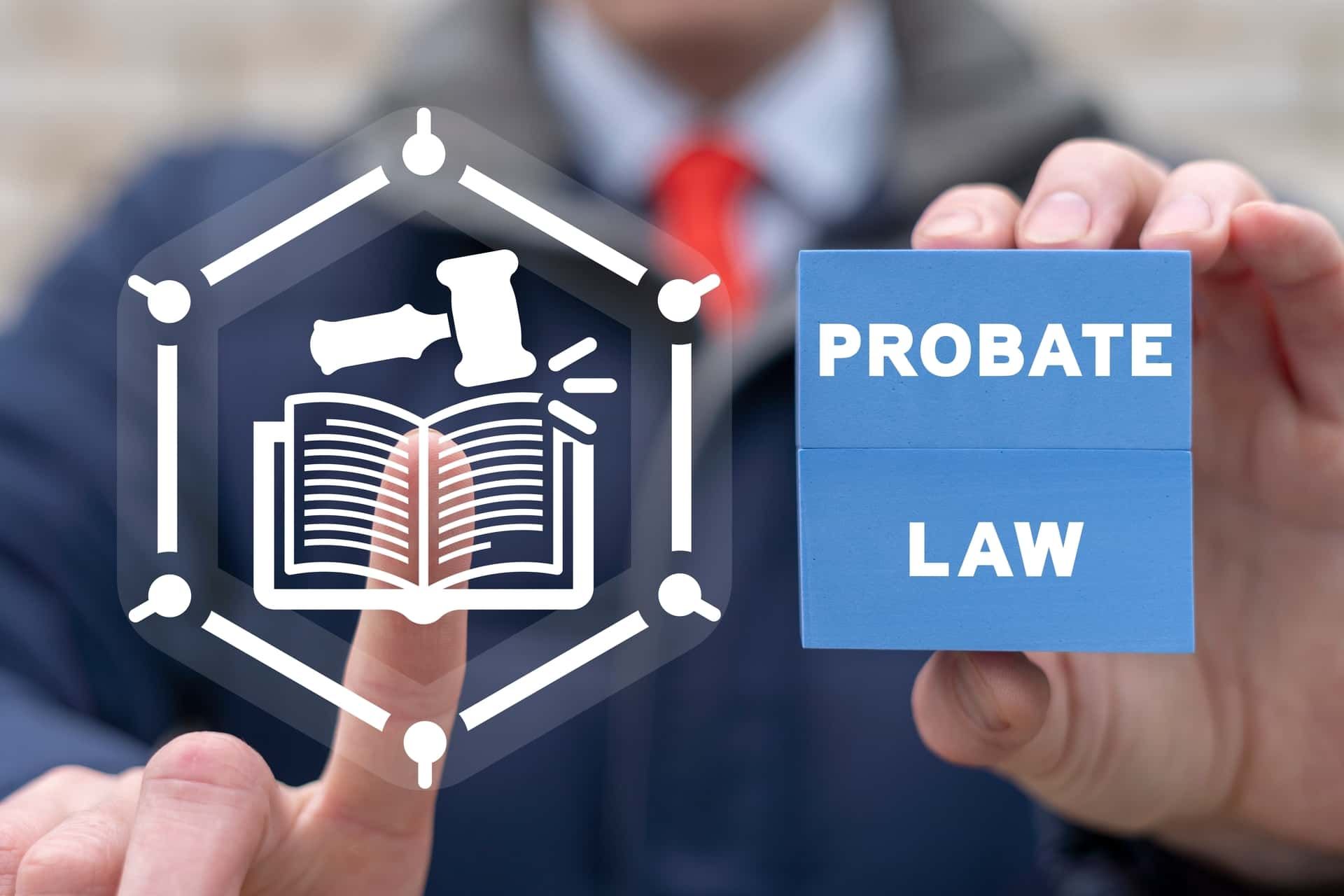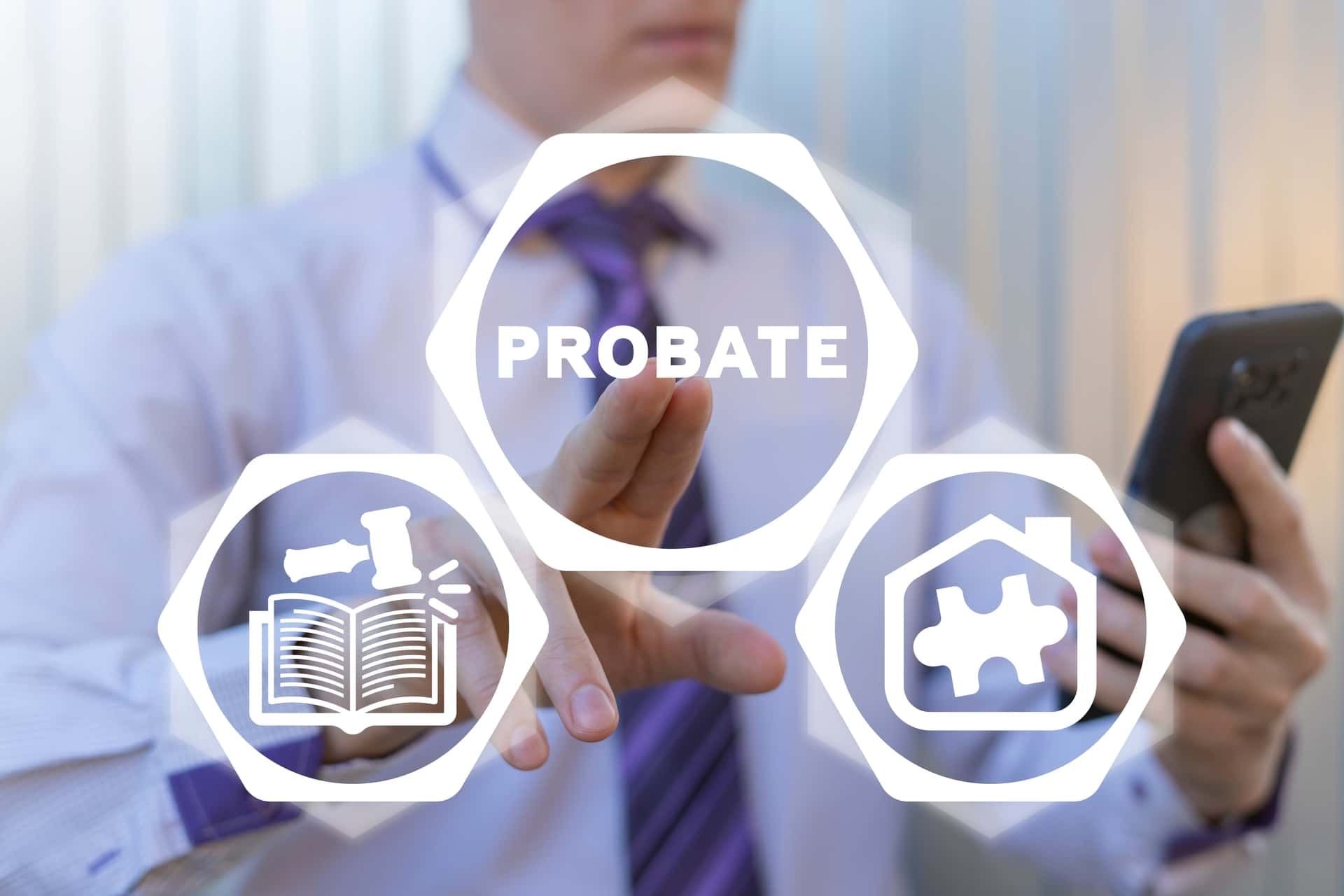Tips To Help Taxpayers Recognize Tax Scams
New versions of well-known tax-related scams
appear every year…and 2019 is no different. No matter what time of year, taxpayers should be on the lookout for scams. Here are some things taxpayers should remember to help them spot scams and avoid becoming a victim.
Phone Scams
- The IRS does not leave pre-recorded, urgent or threatening messages.
- In many versions of phone scams, potential victims are told if they do not call back, a warrant will be issued for their arrest. Other verbal threats include law-enforcement agency intervention, deportation, and revocation of licenses.
- Criminals can fake or “spoof” caller ID numbers to appear to be anywhere in the country. Scammers can even spoof an IRS office phone number, or the numbers of various local, state, federal, or tribal government agencies.
Email Phishing Scams
- The IRS does not initiate contact with taxpayers by email to request personal or financial information.
- The IRS initiates most contacts through regular mail delivered by the United States Postal Service.
- There are special circumstances when the IRS will call or come to a home or business. These visits include times when a taxpayer has an overdue tax bill, a delinquent tax return, or a delinquent employment tax payment.
- If a taxpayer receives an unsolicited email that appears to be a scam, they should report it to the IRS. They can forward the email message to phishing@irs.gov. They should not open any attachments, click on any links, reply to the sender, or take any other actions that could put them at risk.
Telltale Signs of a Scam
Taxpayers should remember that the IRS generally first mails a bill to a taxpayer who owes taxes. The IRS and its authorized private collection agencies will never:
- Call to demand immediate payment using a specific payment method such as a prepaid debit card, gift card or wire transfer. The IRS does not use these methods for tax payments.
- Ask for checks to third parties. The IRS has specific instructions on how to pay taxes. All tax payments should only be made payable to the U.S. Treasury.
- Threaten to immediately bring in local police or other law-enforcement groups to have the taxpayer arrested for not paying.
- Demand that taxes be paid without giving the taxpayer the opportunity to question or appeal the amount owed.
If a taxpayer receives a phone call, but doesn’t owe taxes and has no reason to think they do, they should:
- Hang up immediately.
- Contact the Treasury Inspector General for Tax Administration to report the call.
- Report the caller ID and callback number to the IRS by sending it to phishing@irs.gov.
- Report the call to the Federal Trade Commission.
source: irs.gov
For more details regarding tax issues contact florida tax lawyers today!
Disclaimer: The information on this website and blog is for general informational purposes only and is not professional advice. We make no guarantees of accuracy or completeness. We disclaim all liability for errors, omissions, or reliance on this content. Always consult a qualified professional for specific guidance.
RECENT POSTS
CONTACT US






